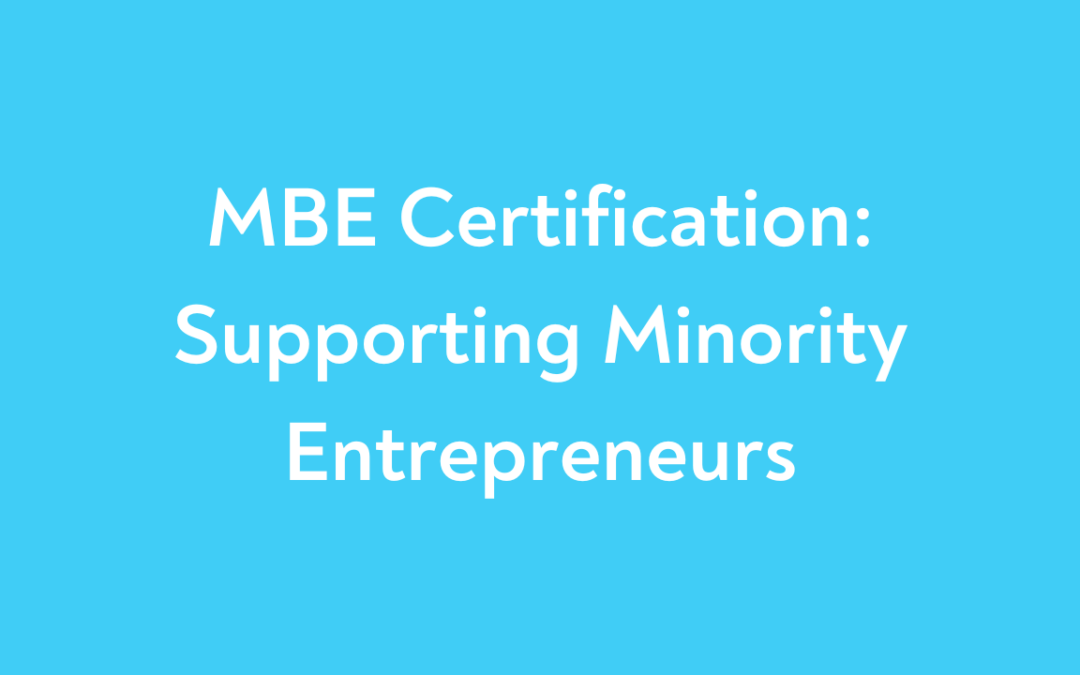What is an MBE Certification?
Minority Business Enterprise (MBE) Certification is a distinguished recognition given to businesses that are predominantly owned, controlled, and operated by individuals from minority groups. It addresses the challenges faced by minority entrepreneurs and aims to amplify their voice and presence in the business realm.
The Historical Backdrop of the MBE Certification
In the 1960s, as the Civil Rights Movement surged in the United States, there was heightened awareness of the economic challenges facing minority communities. Consequently, in 1969, the U.S. Department of Commerce founded the Minority Business Development Agency (MBDA) to bolster minority-owned enterprises. President Richard Nixon’s policy directives in the 1970s also aimed to support minority entrepreneurs, addressing hurdles like access to capital. This led to the introduction of the MBE Certification, ensuring genuine minority-led businesses could benefit from designated opportunities.
Why Get Certified?
- Expanded Business Opportunities: Corporations, as well as local, state, and federal governments, often have diversity targets or set-asides. MBE certification can open doors to these contracts and opportunities that might be hard to access otherwise.
- Networking and Growth: Being MBE-certified often provides access to exclusive networking events, mentorship programs, and training tailored for minority-owned businesses.
- Financial Incentives: Governmental entities frequently offer tax breaks, incentives, and grants to support minority-owned businesses and those who choose to work with them.
How to Get Certified
Securing an MBE certification requires a meticulous process to ensure the benefits reach genuine minority-led businesses.
Requirements
- Business must be at least 51% owned and controlled by minority individuals.
- The minority owner(s) must be U.S. Citizens or legal residents.
- The minority owner must occupy the principal leadership position in the company and be active in daily management and operations.
- The business should be able to demonstrate its capability to perform in its declared field.
Certification Process
- Gather Documentation: Prepare necessary documents such as business licenses, organizational charts, financial statements, and evidence of minority status.
- Submit Application: Complete the application process with the designated certifying body, providing all relevant documentation.
- Interview and Site Visit: A representative might conduct an interview and/or site visit to validate the provided information.
- Review and Outcome: The certifying agency reviews the application and documentation, culminating in a decision. Upon approval, certifications typically last for a year and need annual renewals.
Resources


Recent Comments